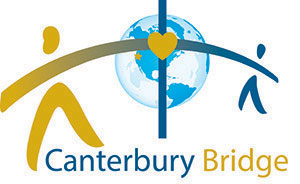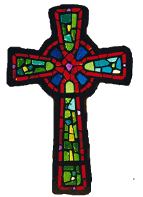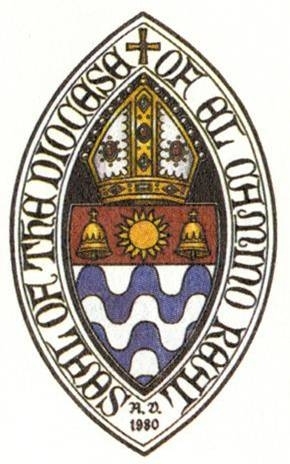The Doctor is In and I am His Servant
 If you haven’t visited the Charles M. Schultz Museum in Santa Rosa, I highly recommend it. Who doesn’t love the wonderful characters “Sparky” created? Don’t we all have a bit of each one of them in us? Poor Old Charlie Brown, the little redheaded girl, Pigpen, Linus the vulnerable and Lucy the outspoken…love them all.
If you haven’t visited the Charles M. Schultz Museum in Santa Rosa, I highly recommend it. Who doesn’t love the wonderful characters “Sparky” created? Don’t we all have a bit of each one of them in us? Poor Old Charlie Brown, the little redheaded girl, Pigpen, Linus the vulnerable and Lucy the outspoken…love them all.
Standing in Lucy’s Booth inspired me to reflect theologically. Who of us has the answers to anyone else’s concerns much less our own on most days? And yet, it seems to me that when we take it all to God in prayer, we find really can find our Salvation.
A couple of week’s ago, our bishop gave us an assignment to write our own salvation story. The words seemed to pour through me. Let me give you a brief recap of what I wrote that day:
“I think of the jokes that sceptics throw around in response to the phrase, “Jesus Saves.” Saves what? Green Stamps! Our world scoffs at “salvation” – better said, may not know how to think about the concept that many Christians believe we understand. But I wonder if we do?
Some many years ago, I went to a Billy Graham Crusade. I really love Billy Graham. I agree with those who say he is America’s pastor, but that’s off topic. Anyway, that afternoon, I went with hundreds of others to make the Altar Call accepting Jesus as my Lord and Savior. Now, I am not disputing that the intention of a surrendered life is wrong. It isn’t at all. But I have learned in my own journey that intention is just the beginning , the first baby step.
For me, salvation has become a daily conversation with the Creator of the Universe. It is the discipline to be silent long enough to hear the still small voice within. No human friendship would last if one only called on a friend only once in a while and then only in need. On a recent retreat, I was sitting quietly in front of the Sacrament and trying to quiet my mind and emotion long enough to enter into the silence. It takes all my willingness and focus to become more present to God as I believe He is always Present to me. For just a moment in the stillness, I asked forgiveness for not telling the Lord of my being how much I loved Him. “Forgive me, Lord, for being so darn needy” I said, “rather than praising and thanking You – who can thank you enough?”
Some of you may think I am delusional if I try to report that I have a direct link to God – from my mouth to God’s ear – but all I know is that in this holy moments, a burden I was carrying, too big and too heavy, was lifted from me. God knew my need before I even asked Him. It was a moment of grace that is difficult to articulate but it was so very real.
That is salvation for me – a daily conversation, the nurturing of relationship with the best and dearest Friend any human being can have. So what’s your salvation story? It’s worth thinking about.





 Young adults (ages 18 to 30), although they’re grouped together, are often at very different stages in their lives. They’re married, partnered, single, with children, divorced, widowed. They leave high school and enter the work force, the military, or college. Not every young adult attends college, and many will try it on but leave before completing a degree. They engage with the world, and many have strong opinions about war, the environment, and the institutional church. Many will rally to help a next-door neighbor or organize relief efforts for Sudan and Haiti.
Young adults (ages 18 to 30), although they’re grouped together, are often at very different stages in their lives. They’re married, partnered, single, with children, divorced, widowed. They leave high school and enter the work force, the military, or college. Not every young adult attends college, and many will try it on but leave before completing a degree. They engage with the world, and many have strong opinions about war, the environment, and the institutional church. Many will rally to help a next-door neighbor or organize relief efforts for Sudan and Haiti.





